In 2022, a Moldovan wine won the Grand Gold Medal in the red wine category at the prestigious Concours Mondial Bruxelles. And where there is good wine, good grapes grow. Fruit growing in Moldova is not very well known - neither is the country itself, for that matter - even though its apples, stone fruit, cherries, and grapes are top quality.
It is, thus, high time a light was shone on the Moldovan fruit and vegetable sector. Over the next month, we will publish about 15 articles in which mainly fruit growers and processors will share their stories. We promise some surprising insights gained on a tour in the week just before a deluge hit Central Europe.
But first, in this and the next article, we will share some general information about the country, recent political events, and a few facts and figures about Moldova's past few years' fruit and vegetable cultivation and sales.
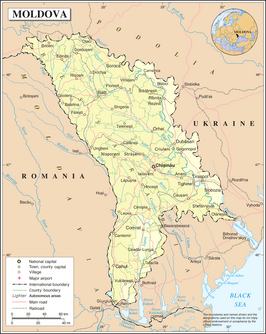 Sandwiched between Ukraine and Romania
Sandwiched between Ukraine and Romania
The Republic of Moldova borders Romania to the north and west, and Ukraine to the south and east, narrowly missing out on access to the Black Sea. The country, barely larger than Belgium, with a population of about 2.6 million - down from 4.4 million 30 years ago - has the lowest per capita income in all of Europe. The capital, Chisinau, is home to almost a third of Moldovans, and until 1991, Moldova formed part of the Soviet Union.
The north is hilly, and the country has a temperate continental climate with hot summers and cold winters. Its soil is very fertile. Most of its people speak Romanian; fewer speak Ukrainian, Russian, or Bulgarian. (Map: Wikipedia)
The Russian embargo
Since exports rely heavily on Ukraine's road and port infrastructure, the war in that country has caused a sharp decrease in Moldovan fruit exports since Moldova saw its access to its main markets, particularly Russia, completely blocked. The country's vegetables' export share figures are almost non-existent.
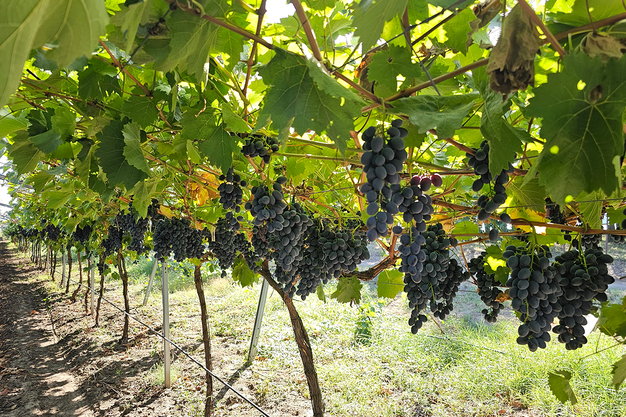
"We used to export about 95% of our apples to Russia. In the first half of 2022, though, that fell - due to obvious reasons - to 70%," Vladimir Bolea, Moldova's Minister of Agriculture, said in early August 2022. Then, at the end of that month, Russia imposed an embargo. Officially, fruit and vegetables from Moldova no longer had access to the Russian market. That ban is still in effect.
Europe embraces Moldova
The embargo was implemented under the guise of 'phytosanitary problems' but was clearly politically motivated by Moldova's attempts at approaching the West. A month before, the EU had decided to double the tariff-free quotas on imports of seven Moldovan products (apples, grapes, plums, cherries, tomatoes, garlic, and grape juice) for a year. Other horticultural products could already be exported unlimited and tariff-free to the European Union.
Moldova, of which part of the population and political parties that make up the then and current government seek rapprochement with the EU, has traditionally been a large fruit producer, while its local market is tiny. The country was, thus, in need of help when the Russian market suddenly fell away. In July 2023, the European Union decided on tariff-free imports of all Moldovan fruit and vegetables. Two months ago, that measure was extended for another year. The EU and Moldova have also had a road transport agreement since late June 2022, provisionally valid until the end of 2025.
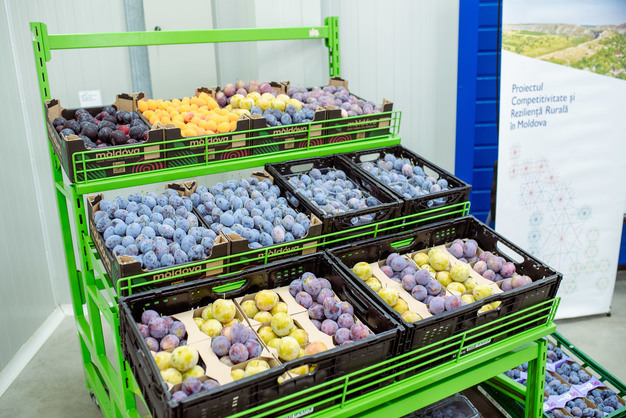
On July 31, 2023, the United Kingdom, too, lifted all import duties on agri- and horticultural products from Moldova. That measure was recently extended for five years until the end of July 2029. Since that move, Moldovan exports to the UK, particularly of plums, grapes, apples, and cherries, have risen sharply.
EU candidate member
In June 2022, European government leaders declared Moldova and Ukraine EU candidate members. Both Kyiv and Chisinau applied for that the day after the Russian invasion of Ukraine on February 24, 2022, with negotiations beginning in June of that year. They involve the candidate country's de facto adoption of all European Union legislation. These talks span years - up to 15 - and encompass profound reforms, including in the areas of judiciary independence, democratic society, press freedom, and fighting corruption.
The message to Moscow is clear: the EU wants Ukraine and Moldova to join. At least, most of the countries do. Hungary, for example, is less eager, and there are critical voices to be heard elsewhere, too.
Elections and referendum
This fall, on October 20, Moldova will hold presidential elections as well as a referendum regarding its joining the European Union. Current president, Maia Sandu, who is pro-EU, hopes to secure a second term. She does, however, face opposition from Eurosceptic, Russia-minded candidates. There are also fears of attempts from Russia to influence the election through disinformation campaigns, online propaganda, and street protests.
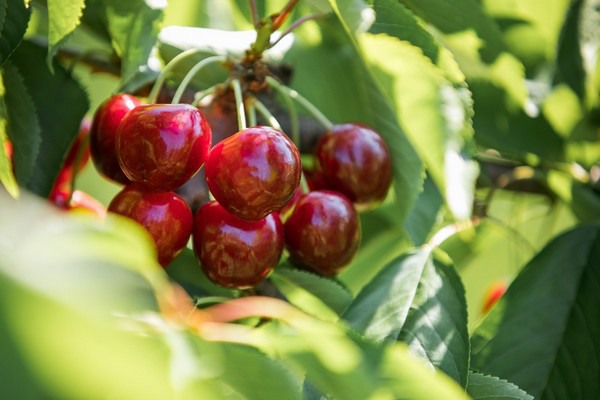
Another destabilizing factor concerning the elections is that, in late February, the parliament of Transnistria, a strip of land wedged between Ukraine and Moldova and an unrecognized state in the Russian sphere of influence, asked Moscow for protection. One cannot rule out that Moscow somehow orchestrated this request. In the territory of Transnistria, which has been locked in a conflict situation with Moldova since 1992, 1,500 Russian "peacekeeping troops" are stationed. Gagauzia, a small autonomous region in the country's south, followed Transnistria's example, also asking for protection. In April, Russia opened its market for fruits and vegetables grown in that region. Transnistria has never been subject to the Russian embargo.
Ambitious youth
Moldova, especially its capital, is rapidly modernizing. But even in rural villages, where some have moved away in recent years in search of work elsewhere in Europe, a group of people, including young entrepreneurs, remain resilient. They demonstrated a firm will to rebuild a country still partly burdened by Soviet-era plans and structures. And although things are moving quickly, that pace is still too slow for many young people.
In the fresh produce sector, too, people are loudly calling for the removal of all bureaucratic red tape as quickly as possible to create an entrepreneurial environment. Their gaze is on Europe, and things cannot happen fast enough. If the next government is EU-friendly, it will be urged to implement its ambitious plans immediately. The country receives subsidies from both the European Union and the United States. And Moldovan workers abroad send money back to their families at home. That could be of tremendous help.
And that things can happen fast is something to which a country like Poland can attest. Twenty-five years ago, many Poles were still seeking refuge with Western European companies; their return has long since begun, and Poles have seen their purchasing power more than double. Moldova should - given recent technological advances - catch up even faster.
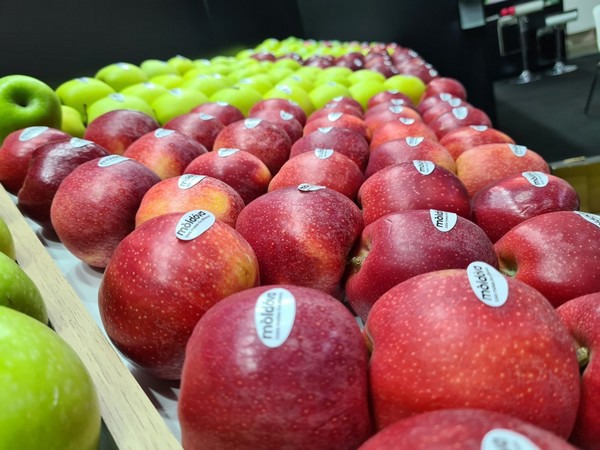
Moldova, taste makes the difference
Moldovan fruit could be a wonderful asset to the European market. It is delicious, which the sector highlights in its logo: "Moldova, taste makes the difference". The only thing still missing? An accelerated modernization drive, both in cultivation and in the packing facilities. That has already begun, as you will read in upcoming articles. Young companies are taking the lead and are well aware that, with the right varieties, growing techniques, sorting lines, packing machines, and marketing, Europe's doors will gradually creak open. As for transportation, let it be known that Moldova is 100 km closer to the Ruhr Valley in Germany than either Almería (Spain) or Sicily (Italy).










